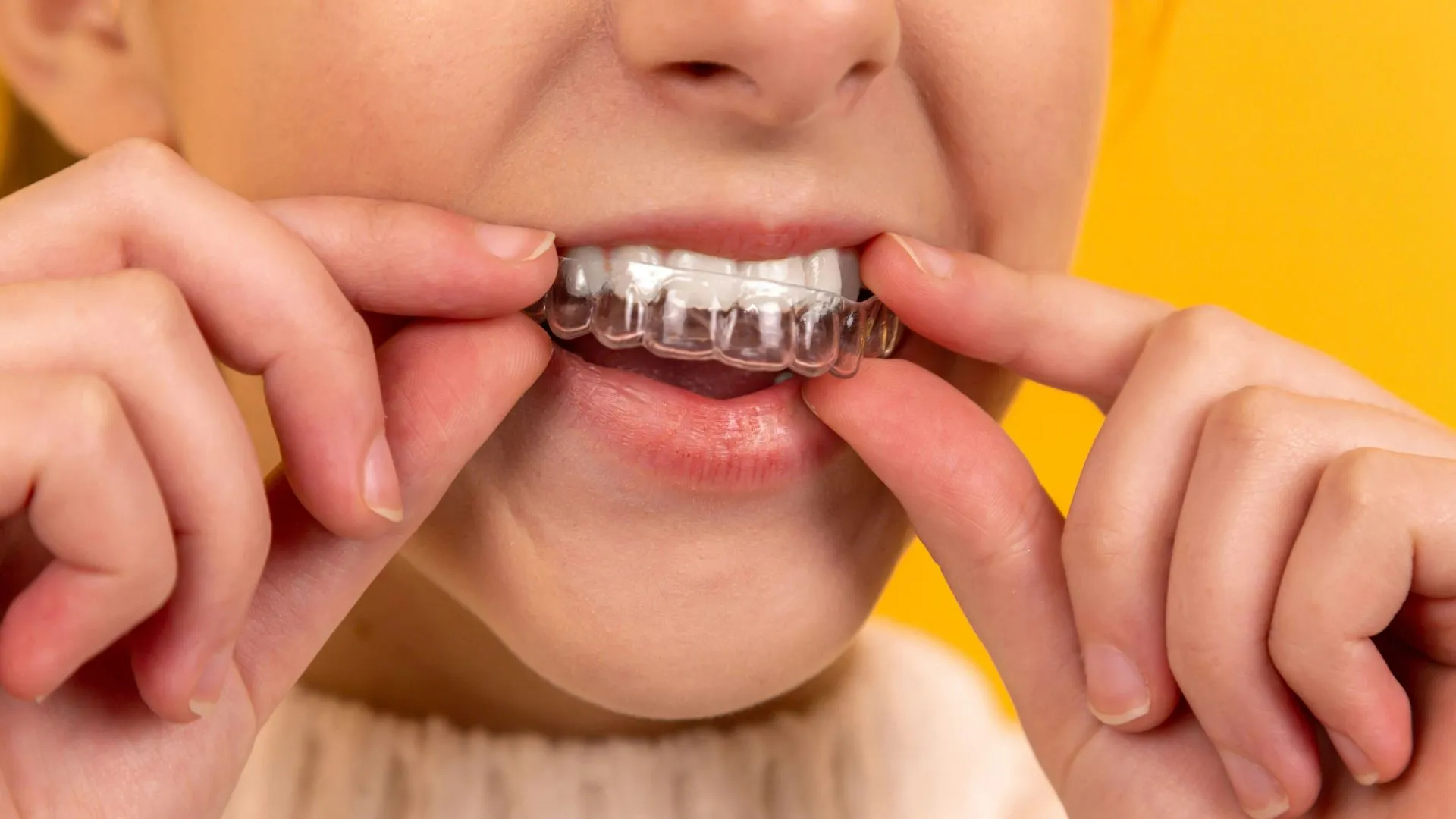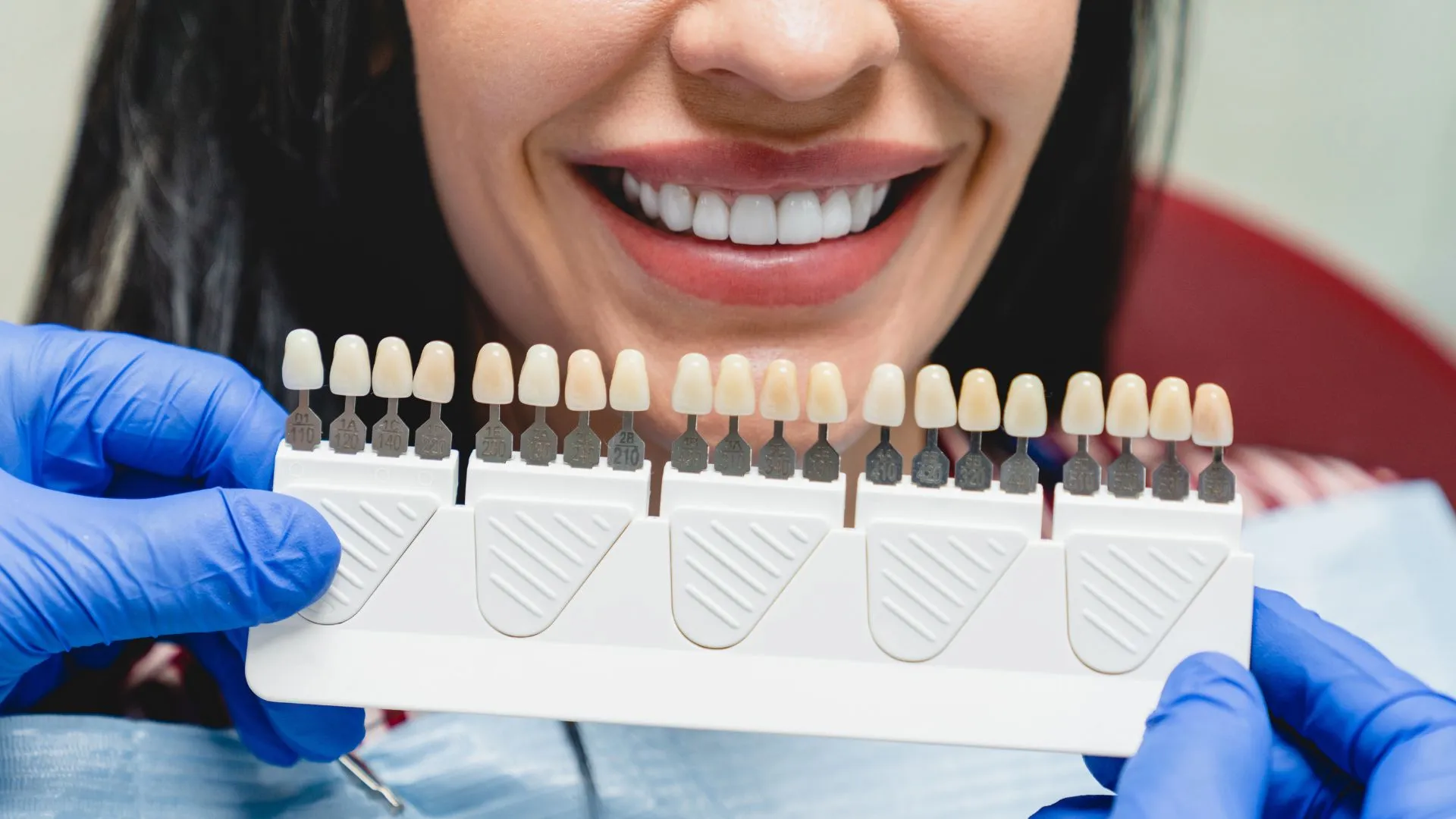Earlier this year, the Associated Press released some baffling information about how flossing is not recommended anymore by two government entities. After some studies were conducted to assess the medical benefits, it was determined that flossing…
Earlier this year, the Associated Press released some baffling information about how flossing is not recommended anymore by two government entities. After some studies were conducted to assess the medical benefits, it was determined that flossing recommendations should be removed! However, there are proponents on both sides of the issue.
For example, the American Dental Association (ADA) does not support these claims, saying that interdental cleaners are still vital for preventative dentistry. And Wayne Alderage, the president of the American Academy of Periodontology, also says that these studies are flawed since they don’t look at gum disease over time–and it can be a very gradual disease!
You can see both sides of the argument in the following video:
Many other news outlets also released their commentaries on the issue. One by CBS News was particularly intriguing as it seemed to side with the Associated Press. However, they also invited a dentist onto their show that was still very much for flossing:
A big problem with flossing
When the federal government issued its latest dietary guidelines this year, the flossing recommendation had been removed, without notice. In a letter to the AP, the government acknowledged the effectiveness of flossing had never been researched, as required.
The AP looked at the most rigorous research conducted over the past decade, focusing on 25 studies that generally compared the use of a toothbrush with the combination of toothbrushes and floss. The findings? The evidence for flossing is “weak, very unreliable,” of “very low” quality, and carries “a moderate to large potential for bias.”
So next time you go in for a dental exam and cleaning, you may be wondering just whose recommendations you should take. You can probably bet that most dentists are going to be skeptical and still encourage you to floss.
Dr. Edmond Hewlett, a spokesperson for the ADA, says that he’s seen the link between inflammation and poor flossing habits. And Health Analyst Tim Iafolla also supports Hewlett’s claims, since he says that smaller clinical studies do show that flossing does have benefits.
Iafolla also continues his argument since he was quoted in a recent blog post by the NIH:
Don’t toss the floss! The benefits of daily cleaning between teeth
If dentists—and maybe even your personal experience—suggest that regular flossing keeps your mouth healthy, then why the news reports? It’s because long-term, large-scale, carefully controlled studies of flossing have been somewhat limited.
Researchers have found modest benefits from flossing in small clinical studies. For instance, an analysis of 12 well-controlled studies found that flossing plus toothbrushing reduced mild gum disease, or gingivitis, significantly better than toothbrushing alone. These same studies reported that flossing plus brushing might reduce plaque after 1 or 3 months better than just brushing.
Another research challenge is that large, real-world studies of flossing must rely on people accurately reporting their dental cleaning habits. And people tend to report what they think is the “right” answer when it comes to their health behaviors—whether flossing, exercising, smoking, or eating. That’s why well-controlled studies (where researchers closely monitor flossing or perform the flossing) tend to show that flossing is effective. But real-world studies result in weaker evidence.
“The fact that there hasn’t been a huge population-based study of flossing doesn’t mean that flossing’s not effective,” Iafolla says. “It simply suggests that large studies are difficult and expensive to conduct when you’re monitoring health behaviors of any kind.” While the scientific evidence for flossing benefits may be somewhat lacking, there’s little evidence for any harm or side effects from flossing, and it’s low cost. So why not consider making it part of your daily routine?
This blog makes a very interesting point: that people may not act like themselves during a study. Since so many dentists are perplexed by this new development, it’s clear that many of them see the first-hand benefits of flossing every day in their office.
In short, this habit is still an important part of preventative dentistry, so most patients should probably adhere to their doctors’ advice.




